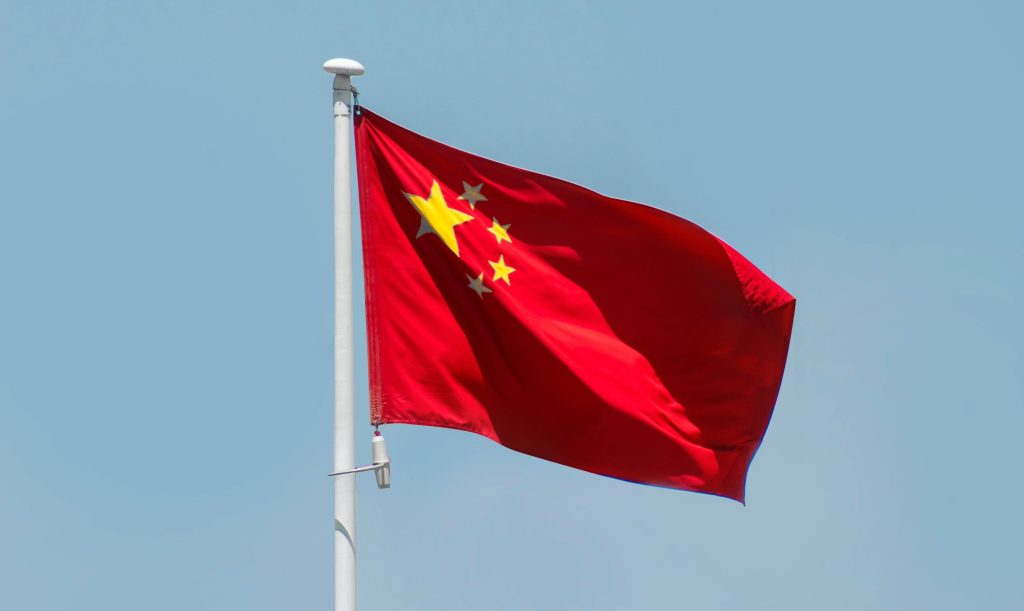China is set to launch a series of groundbreaking pilot initiatives aimed at accelerating the production and consumption of biodiesel, according to an announcement by the National Energy Administration (NEA). This move signals a concerted effort to bolster environmental initiatives in a sector where China currently trails behind major global economies.
Due to a lack of robust policy support, biodiesel consumption in China has remained relatively low compared to the European Union and the United States. Biodiesel, a low-carbon alternative to traditional petroleum diesel derived from sources such as palm oil and used cooking oil (UCO), has struggled to gain traction in the country.
In a directive released on Monday, the NEA called upon local authorities to implement demonstration projects across various facets of the biodiesel industry. The administration also advised regional governments to extend financial support to these initiatives.
The NEA stated, “We will broaden the application scenarios of domestic biodiesel,” emphasizing the goal of establishing a replicable development path that can serve as a foundation for sustained promotion of environmentally friendly liquid fuels.
Key initiatives outlined in the directive include the integration of the UCO feedstock supply chain and the distribution of biodiesel at highway gas stations. The NEA committed to promoting the inclusion of biodiesel in a voluntary national certified emission reduction mechanism.
While specific details regarding financing and timelines were not provided, the NEA’s emphasis on expanding the use of biodiesel, particularly produced from UCO, aligns with environmental benefits. A 2022 study by the Argonne National Laboratory in the United States revealed that biodiesel from UCO has a slightly lower energy content than petroleum diesel but can reduce greenhouse gas pollution by as much as 83%.
Despite a projected production of 1.9 billion liters of biodiesel in China this year, domestic demand is anticipated to account for only 40% of this volume, as per data from the U.S. Department of Agriculture (USDA). Notably, China has not implemented blending mandates for biodiesel, with subsidies limited to the local government of Shanghai.
The current underutilization of biodiesel and sustainable aviation fuel within China enables the country to export significant quantities of UCO to the United States and the European Union. In these regions, subsidies and blending mandates play a pivotal role in driving demand for biofuels.

